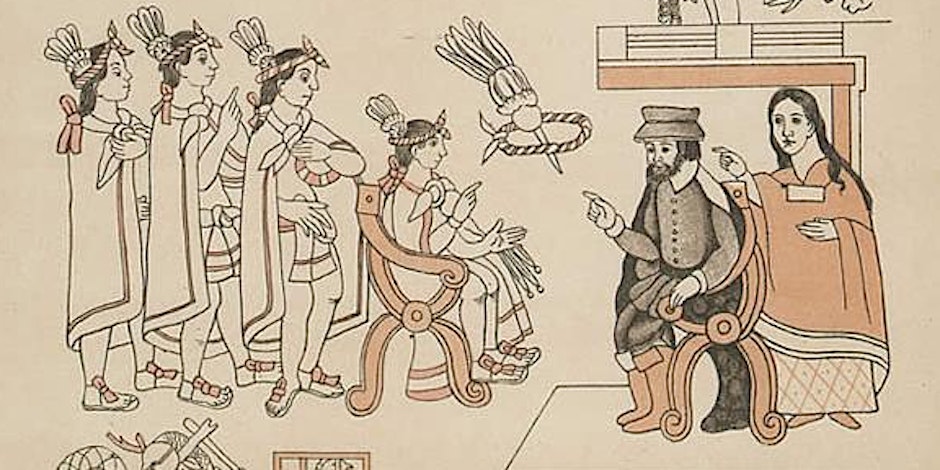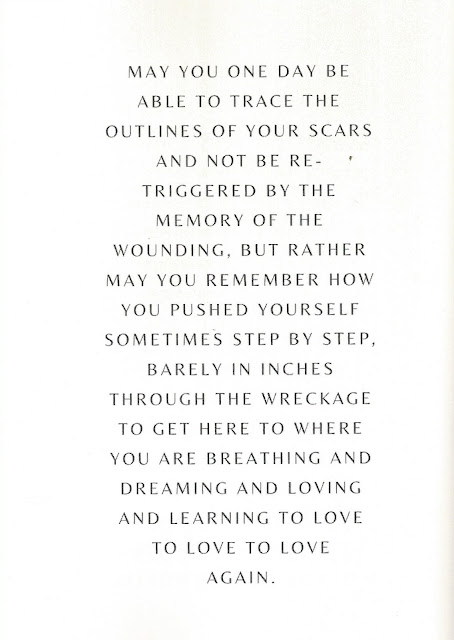It happened again | Indian slavery
By TL Hentz
In the past month, I have got a lot done around here (even a mosaic) which means I have not been writing as much. (My research always gets done - right now it is elephants👉.)
You ask: WHAT happened again?? I signed up for a ZOOM slavery seminar MONTHS ago. I could not wait!
My earlier rant: Back in 2016, I watched a different slavery seminar at BROWN UNIV. - read this
I wonder if they realize how much they suppressed and oppressed history by keeping it theirs, locked up in academia archives, in costly books, in their versions.
A LITTLE BACKGROUND:
Remember in 2000, I wrote and gave a paper FIRST CONTACT about this topic, after I started work at the Pequot Times as editor. Very little was written about Indigenous/Indian slavery in North America. Did I say "little?" This other slavery was hidden, erased.
This seminar in Scotland has a different time zone so yesterday I am online to listen to the author of On SAVAGE SHORES. Nothing. No talk. It was not on Zoom.
Today I missed the first panel - dear GOD - what is it with me and time zones?
So I email/ask the moderator if this 3-day event is taped? She replies no.
WHAT?! I am so angry. Enraged. Yes, I am.
As a person who studies his-story, I know Americans got shafted from the beginning when it comes to books on this topic. Native people are also surprised, too, since maybe in college, if they wanted to learn any history, they might know this slavery happened. (Obviously in oral history some tribes keep factual accounts.)
Academics are stingy, I guess. They like to keep their research in their own circles. This really really pisses me off.
So this is the seminar👇
 | |
| A workshop on the history of the enslavement of the Indigenous peoples of the Americas was held at the University of Glasgow and online. |
JUNE 26-28 Displaced Indigeneity, Unsettling Histories workshop at the University of Glasgow
SEMINAR DESCRIPTION:
This workshop, focusing on Indigenous histories of enslavement and displacement, is one of the first of its kind in the UK, and it aims to bring Indigenous and Afro-Indigenous histories to greater attention of students and researchers and highlight the ways in which these histories have traditionally been sublimated by the majority of historical subdisciplines. This workshop speaks to urgent questions about the exclusion of Indigenous peoples and perspectives from mainstream academic scholarship and aims to promote Indigenous histories in the UK, to address the afterlives of Indigenous enslavement and ongoing process of settler colonialism, and to consider the legacies of these histories in the UK today.
We seek to make space for researchers – especially researchers who are Indigenous from postcolonial and contemporary settler states – to discuss the histories and legacies created by forced migrations and the critical fissures created by colonial pasts and presents. This space is intended to bring together historians and interdisciplinary scholars of Indigenous histories, broadly defined, from around the world, and for it to be the start of an ongoing conversation about Indigenous enslavement, displacement, and mobility from pre-invasion and colonisation to their resonances in the present day.
👆I did hear the KEYNOTE today : AUTHOR Andres Resendez👇
HIS FIRST BOOK:: Horrors Pile Up Quietly In 'The Other Slavery'

The Other Slavery
The Uncovered Story of Indian Enslavement in America
"I preferred a country where I should be absolute master."
In 1839, Captain John Sutter arrived in California and began acquiring Native American slaves from several nations to work the land he purchased. He eventually owned several hundred "Indian slaves," whom he treated notoriously badly even by the standards of fellow slave-owners. The circumstances that let Sutter keep these slaves in an ostensibly free territory are part of the complex political and social forces that Andrés Reséndez sets out to unpack in The Other Slavery. But if the book makes anything clear, it's that the single organizing force was simple: greed, and an absence of empathy that meant a slow genocide for the victims.
The Other Slavery is a necessary work that occupies a loaded historical landscape; Reséndez keeps a deliberate scholarly distance from the material, bringing forth evidence and constructing careful — even conservative — arguments. But that evidence speaks for itself, and the horrors quietly pile up. The enslavement of communities from North America and the Caribbean broke down entire nations, and irreparably erased cultural and political ecosystems. American schoolchildren are taught that smallpox was the epidemic that gutted Native American populations after exposure to Europeans; an illness to which they had no immunity ravaged their numbers. Reséndez suggests nothing less than that the epidemic was actually the Europeans themselves.
A singular aspect of the enslavement of indigenous populations is the subterfuge involved: Several laws passed over the centuries forbade outright slavery, and much of the energy of slavers and governors went toward intricate justifications. "Explorers" — who often explicitly hoped to trade in human capital — claimed holy wars to bring heathen slaves to Christianity; provincial governors invented punitive indentures to staff their gold and silver mines. Systems sustained themselves through legal justifications and relied on social collusion that made emancipation more difficult — how could you emancipate someone who wasn't technically a slave? (However, this isn't just a study in victimization. Reséndez makes sure to note resistance within the communities; Indians who sued for their freedom, the Pueblo uprising of 1680, even Geronimo.)
It's unfortunate, though inevitable, that some of the facts under discussion have lost historical resonance amid the long-standing cloud of white defensiveness. The fact that some Native American nations sought to maintain autonomy by adapting European horse culture and becoming slavers themselves is an object lesson in the trickle-down horrors of colonialism, rather than "self-contained billiard balls colliding with one another on the frontier," as Reséndez puts it; sometimes he writes as if he knows that any engagement with Indian slavers is doomed to erase some of the nuance of his research. It's an unenviable task, handled well.
Many of us know the broad strokes of the early decades of this wretched history, and the later history between the newly-minted America and the way it treated those whose land the newcomers stole. But even if you know some of the embarrassing details (Native Americans only legally became citizens of their own country in 1924), The Other Slavery's understated just-the-facts reportage will likely surprise you. It's a study in the abuse of power that lays bare a shameful history, and suggests a clear, chilling line to our present. Everybody's guilty, and while The Other Slavery isn't a call to action, it makes an intellectual and emotional demand of its readers as its scholarship echoes the lament of nineteenth-century Navajo leader Armijo, who appealed to the American government for the return of his people's lost children: "Is it American justice that we must give up everything and receive nothing?"
Genevieve Valentine's latest novel is Persona.
LISTEN: INTERVIEW
If you google Andres Resendez, videos will pop up.
This is what I missed: The opening night featured author Caroline Dodds Pennock who talked about her book ON SAVAGE SHORES:
‘On Savage Shores’ Review: Braving the Old World
When Christopher Columbus landed in the West Indies in October 1492, he
laid claim to the islands in the name of his patrons, Ferdinand of
Aragon and Isabella of Castile, even though he was aware that the
islands were already occupied. The next month, his men captured some 25
of these native islanders. Columbus planned to bring them to Spain,
where they could be converted to Christianity and learn Spanish,
becoming bilingual interpreters to help advance Spain’s imperial agenda.
Only six or seven of the captives survived the journey, yet Columbus
nevertheless boasted of his actions. In his mind, he hauled the
indigenous away from a savage culture and into civilization.
https://www.wsj.com/articles/on-savage-shores-review-braving-the-old-world-ca54a37f
Rant over. XOXOX







Comments
'If you die
before you die,
when you die,
you will never die'
-Jesus
● en.gravatar.com/MatteBlk ●
Cya soon, miss gorgeous...